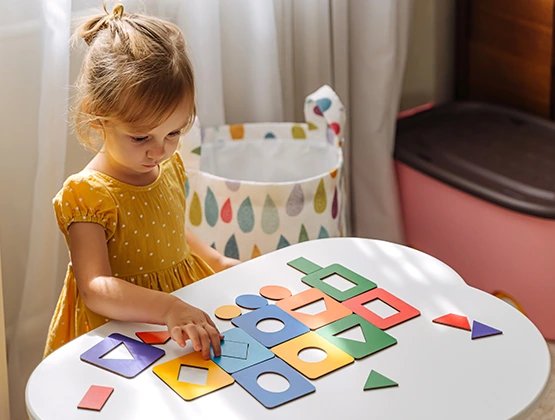
Maternal development
Live a harmonious and balanced pregnancy
Having a harmonious and balanced pregnancy means taking care of both your body and mind. This involves eating a healthy and appropriate diet, engaging in gentle but regular physical activity, and receiving attentive medical care.
Live pregnancy to the fullest
Physical and emotional well-being

Experience motherhood serenely and fully
Experiencing motherhood can be an intense time, full of physical and emotional changes. To navigate this stage with serenity, it is essential to rely on regular medical monitoring and advice tailored to each stage of pregnancy. Maintaining a balanced diet, engaging in gentle physical activity, and devoting time to relaxation promote physical and mental well-being. Furthermore, surrounding yourself with a support network, whether it be your partner, family, or parenting groups, allows you to share experiences and advice, reducing stress and worries.
- Preparing for childbirth
- Parental autonomy and learning
- Regular consultations and appropriate care
- Promoting postnatal recovery
Balancing personal and family life
Managing time and priorities to maintain harmony and serenity within the family.
Emotional and social support
Benefit from the support of your partner, family, and social network to experience motherhood serenely.
Healthy eating to support pregnant mothers
During pregnancy, nutrition plays a crucial role in the mother’s well-being and the baby’s development. It’s important to prioritize varied meals rich in vitamins, minerals, and protein, while incorporating fruits, vegetables, and whole grains into each meal. Essential fatty acids, found in fish and nuts, support the baby’s cardiovascular health and neurological development.

Nutrient variety
and balance
Include fruits, vegetables, proteins (lean meat, fish, eggs, legumes), and dairy products daily to provide vitamins, minerals, and energy.

Essential fatty acids and omega-3
Eat omega-3-rich fish, seeds, or nuts to promote the baby’s development and support the mother’s cardiovascular health.

Hydration
and fiber
Drink enough water and eat fiber-rich foods (whole grains, vegetables, fruits) to prevent constipation and maintain a healthy metabolism.

Supporting baby’s healthy growth
Ensuring a good start in life for an infant relies on several essential aspects. Proper nutrition, whether through breastfeeding or quality infant formula, provides the nutrients necessary for growth. Regular medical monitoring, including vaccinations and pediatric checkups, helps prevent illness and early detection of potential health problems.
Regular and adequate sleep contributes to physical and mental development, while a safe and clean environment protects against infections and household accidents.
Finally, stimulation through play, language, and motor skills promotes the baby’s cognitive and emotional development.
The pillars of harmonious and attentive parenting
Providing a healthy and fulfilling childhood relies on several essential dimensions. A balanced and appropriate diet supports the child’s physical growth and cognitive development, while regular medical monitoring ensures prevention and early detection of potential health problems.

Cognitive and Social Development Through Educational Games
Educational games play an essential role in children’s cognitive and social development. They strengthen memory, concentration, and reasoning skills while making learning fun.

Puzzles and riddles
These games stimulate logic and problem-solving skills by encouraging children to think and experiment with different solutions.

Memory games
These activities develop attention and memory skills by requiring children to recall sequences, images, or cards.

Role-playing games
By putting themselves in the shoes of characters, children explore their creativity and learn to express their emotions and ideas.
Promoting family growth and serenity
A harmonious family life relies on a balance between communication, organization, and shared time. Regular and caring communication helps resolve conflicts, strengthen emotional bonds, and create a climate of trust within the family.

Communication and emotional relationships
Maintaining open and caring exchanges between family members fosters trust, understanding, and mutual support on a daily basis.

Organization and daily
balance
Managing time, responsibilities, and routines helps balance personal and professional life and shared family time, ensuring harmony and serenity.